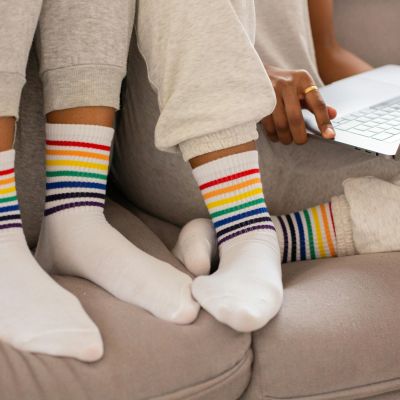data
Facebook. Google. Apple. Microsoft. Amazon. As the white male-dominated Big Five in Silicon Valley monopolise most platforms that guide online interactions almost everywhere outside China, any aspiration towards a feminist revolution has become capitalised.
Around the world, LGBTQ+ activists, queer ‘sex-positive’ feminists, sex-workers, artists and educators are leading the charge against the increasingly complex webs of regulation and censorship of sexuality online, where corporate policies intersect with restrictive state law.
I recently watched North Country on Netflix, a movie based on a true story of a woman’s fight for equality at the workplace. It is based on the case, Jenson vs Eveleth Mines, in the United States in which Lois Jenson, fought for the right to work as a miner, and the right to work free of sexual harassment. She won the landmark 1984 lawsuit, which was the first class-action lawsuit on sexual harassment at the workplace in the United States and resulted in companies/organisations having to introduce sexual harassment policies at the workplace.
Cyberspace has given the queer woman a chance to problematize the existing gender and sexual identities which, like any identity, is not static. It allows her to create and occupy spaces which will give her freedom and power in a way that the misogynistic physical world cannot provide.
People we refer to as “digisexuals” are turning to advanced technologies, such as robots, virtual reality (VR) environments and feedback devices known as teledildonics, to take the place of human partners.
Here’s to some quiet time listening in to what people are saying, and consuming, on the Internet, particularly on social media, on the subject of gender and sexuality.






